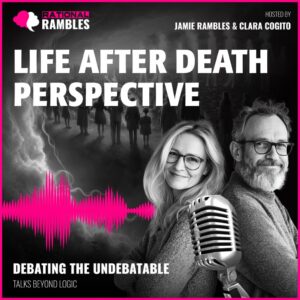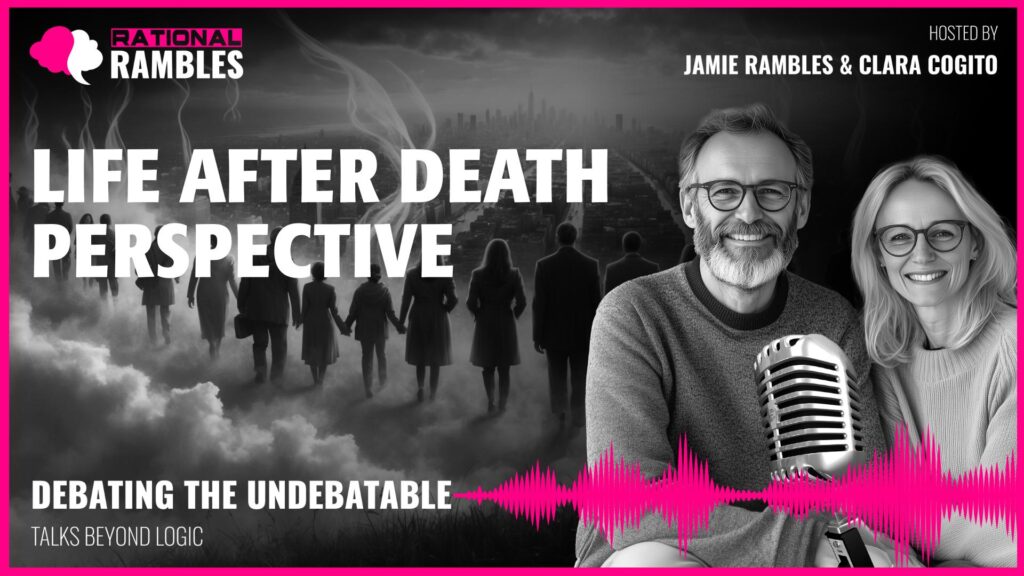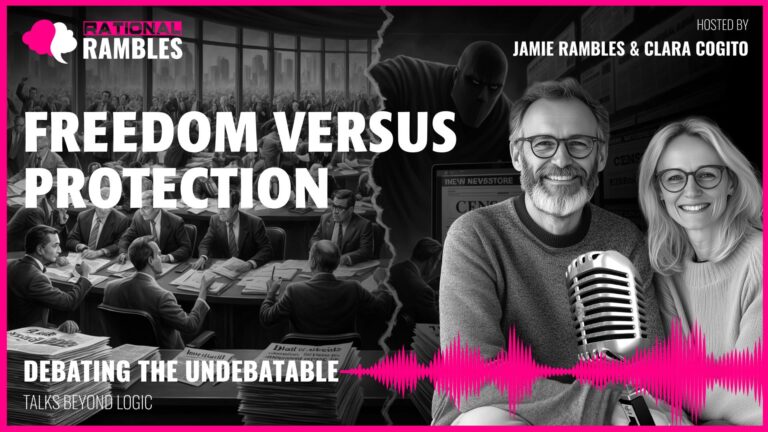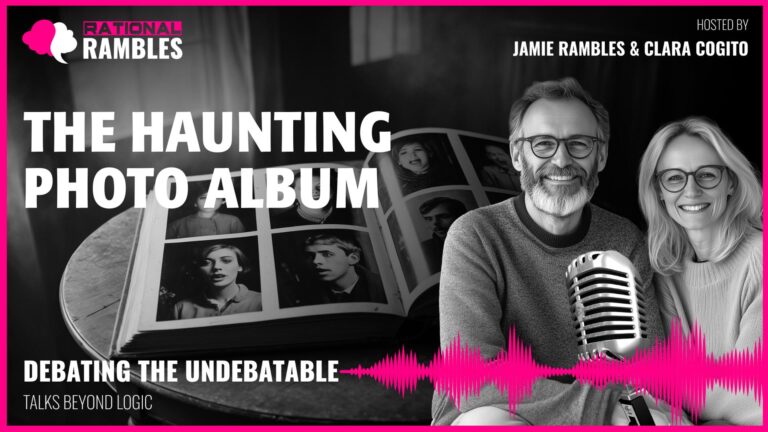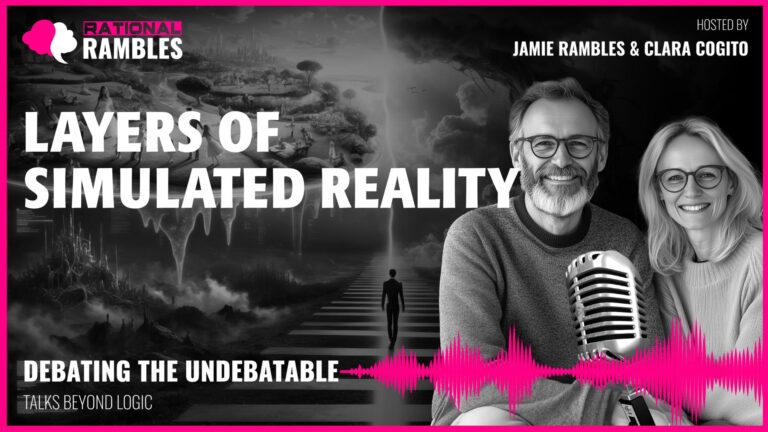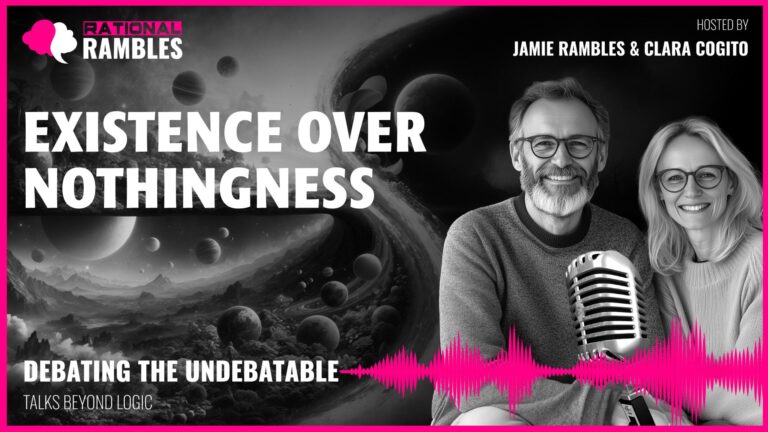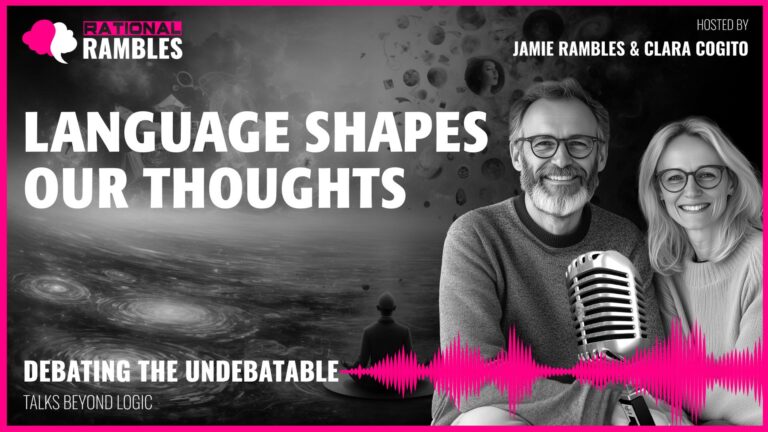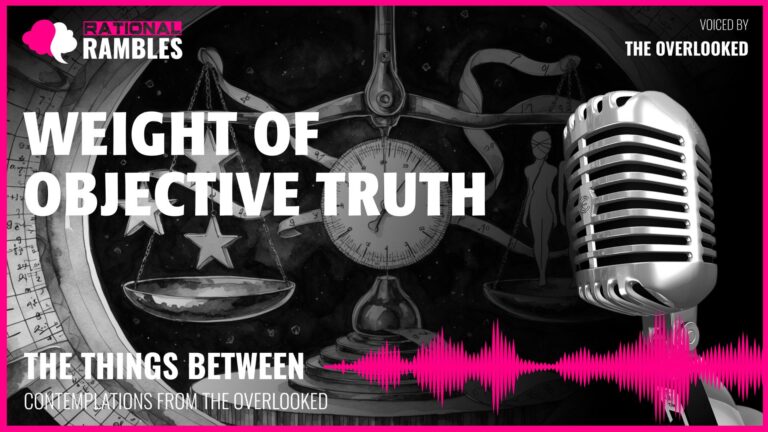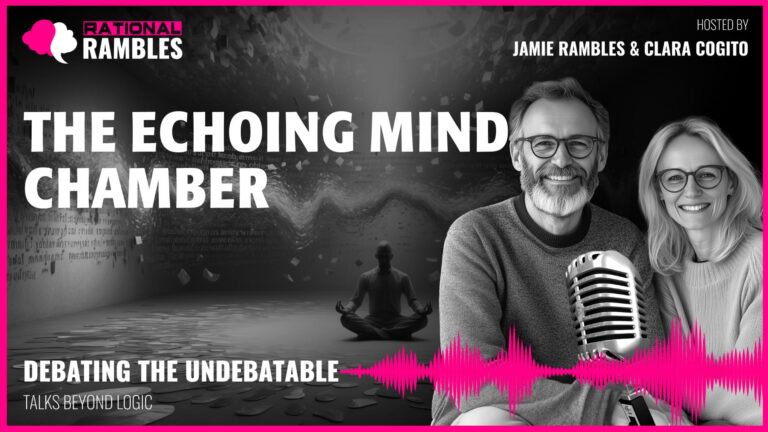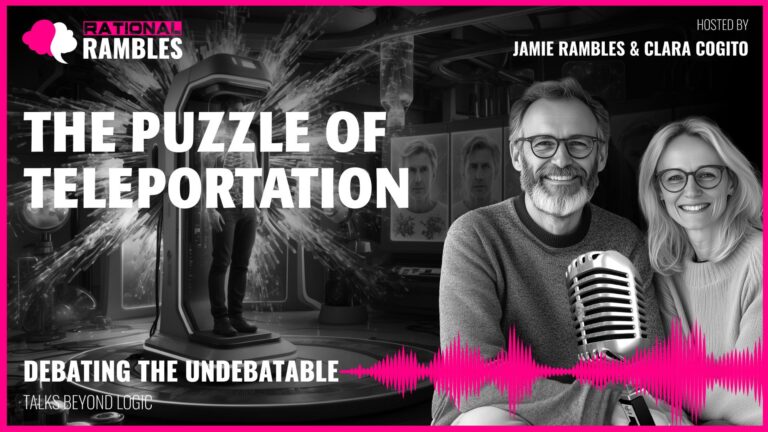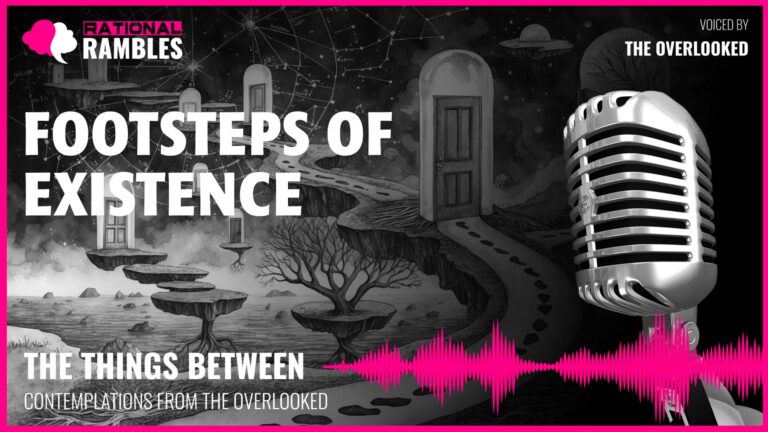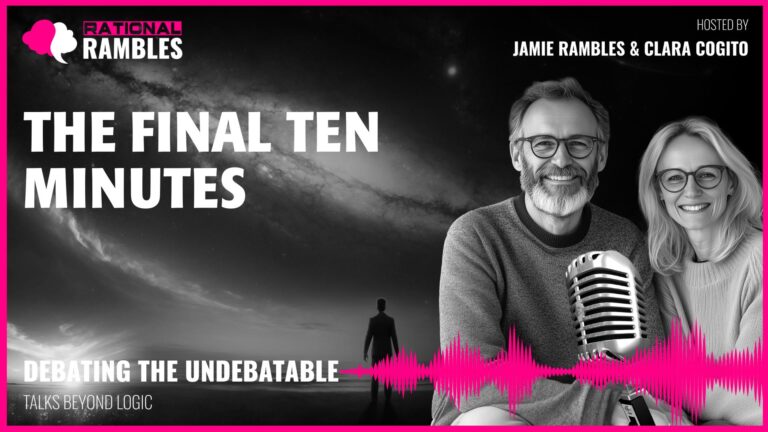Life After Death Perspective
Introduction
The question of what happens after we die has haunted humanity for centuries. Philosophers, theologians, and scientists have all wrestled with the implications of our mortality and the potential for existence beyond this life. One particularly compelling thought experiment posits a scenario where, after death, we can observe the world continuing without us. How might this knowledge reshape our actions, priorities, and relationships in the present? In this article, we will explore various dimensions of this question, contemplating the nature of legacy, the significance of relationships, and the meaning we derive from impermanence.
The Nature of Legacy
At the core of our inquiry lies the concept of legacy. If we were aware that we would be watching the world move on without us, how might that alter our desires and motivations? For some, the potential to observe their impact on future generations could inspire a drive to leave a meaningful mark on the world. This desire for legacy often manifests in tangible forms, such as art, literature, or contributions to society that outlive the individual.
However, one might argue that the knowledge of eventual erasure from memory could evoke a sense of futility. After all, history is replete with figures once thought immortal, whose names have now faded into obscurity. This raises a critical question: should our actions be motivated by the desire for remembrance, or should they arise from a more intrinsic understanding of what it means to lead a meaningful life? If we reframe our understanding of legacy, focusing less on individual recognition and more on the collective ripples our actions create, we may find a more profound sense of purpose.
Consider the impact of small acts of kindness—interactions that might not make headlines but profoundly affect others’ lives. The possibility of observing these ripples could shift our attention away from accolades and toward the quality of our interactions. This reorientation invites us to engage in relationships more deeply, emphasizing emotional and spiritual connections rather than superficial accomplishments.
Relationships and Human Connection
As we contemplate the idea of witnessing the world after our deaths, it becomes apparent that the relationships we cultivate during our lives take on renewed significance. If we knew that our loved ones would eventually carry on without us, would we strive to express our feelings more openly, reconcile past grievances, or cherish shared moments? A heightened awareness of impermanence may inspire a sense of urgency in nurturing our connections, driving us to foster deeper bonds and genuine understanding.
In this light, the acknowledgment of impermanence enhances the value of our relationships. Rather than diminishing meaning, it may intensify our appreciation for shared experiences, as we recognize that moments of connection are fleeting and precious. Engaging in meaningful dialogues, being present, and prioritizing those we love become paramount.
Moreover, the prospect of observing future generations can encourage a more expansive view of our moral community. We may begin to consider not only our immediate relationships but also those we will never meet—future descendants, the unborn, or even the broader human family. This awareness invites us to think critically about the legacies we leave and how our actions today will shape the lives of others tomorrow.
The Illusion of Material Possessions
In contemplating our existence beyond death, one might reflect on the significance of material possessions. If we knew that we would witness the eventual decay of the physical world and the dispersal of our belongings, how might that alter our relationship with material wealth? Would we find ourselves increasingly inclined toward minimalism, valuing experiences and relationships over tangible goods?
The understanding that material possessions hold no lasting value can liberate us from the societal pressures to accumulate wealth. Instead of being defined by what we own, we might prioritize living authentically, seeking fulfillment in connections and experiences that genuinely enrich our lives. This shift could lead to a more sustainable approach to consumption, wherein we recognize the importance of leaving a lighter footprint on the planet for those who come after us.
However, it is essential to acknowledge that while material possessions may not endure, certain objects can carry profound emotional significance. Items that evoke memories or symbolize love and connection can become vessels of meaning. The act of intentionally curating our belongings with an eye toward the emotional legacy they carry may inspire us to leave behind thoughtful reminders of who we were and what we valued.
Time and Perspective
If we were to watch the unfolding of history from an afterlife perspective, we would gain a unique vantage point on the passage of time and the cyclical nature of human existence. This understanding could lead to a profound sense of compassion for humanity as we observe generations repeating mistakes, grappling with conflicts, and striving for progress.
The awareness that history often unfolds in cycles might inspire us to approach current events with greater empathy, recognizing that we are all navigating the complexities of existence with limited knowledge and perspective. Rather than succumbing to frustration over humanity’s shortcomings, we could cultivate a deeper understanding of the human condition, embracing the imperfections that characterize our shared journey.
This expanded perspective could also encourage us to prioritize long-term thinking over short-term gains. Understanding the consequences of our actions over decades or centuries can foster a commitment to sustainability, social justice, and ethical decision-making. Recognizing that our choices ripple through time may motivate us to engage with pressing issues, knowing that our efforts contribute to the larger narrative of human progress.
Finding Meaning in Impermanence
The exploration of life after death and the possibility of observing our legacy invites us to grapple with the inherent impermanence of existence. While the prospect of oblivion can evoke existential anxiety, it can also illuminate the beauty found within fleeting moments. A sunset, a shared laugh, or a moment of kindness becomes more precious when we acknowledge their transitory nature.
As we navigate the complexities of our lives, we might discover that meaning is not derived from permanence but from the quality of our experiences and connections. The acknowledgment of mortality can encourage us to embrace the richness of life, fostering a sense of gratitude for each moment we share with others.
In this light, the search for meaning transcends the desire for legacy. Instead of seeking to be remembered, we can focus on participating fully in the human experience—creating beauty, alleviating suffering, and nurturing relationships that enrich our lives and those around us.
Conclusion
In contemplating the implications of an observational afterlife, we uncover a wealth of philosophical insights that can transform how we approach our lives in the present. The interplay between legacy, relationships, material possessions, and the nature of existence invites us to live more consciously, fostering deeper connections and prioritizing meaningful experiences over transient accolades.
Ultimately, the prospect of witnessing the world continue after our death serves as a powerful reminder of the importance of living intentionally, cultivating compassion, and seeking meaning in our interactions with others. While we may never know for certain what lies beyond, we can choose to embrace the wisdom that transcends our temporal perspective, striving to create a life rich in connection, love, and understanding. Through this journey, we find solace in the shared human experience, recognizing that even amidst impermanence, our lives hold the potential for profound impact and lasting beauty.


